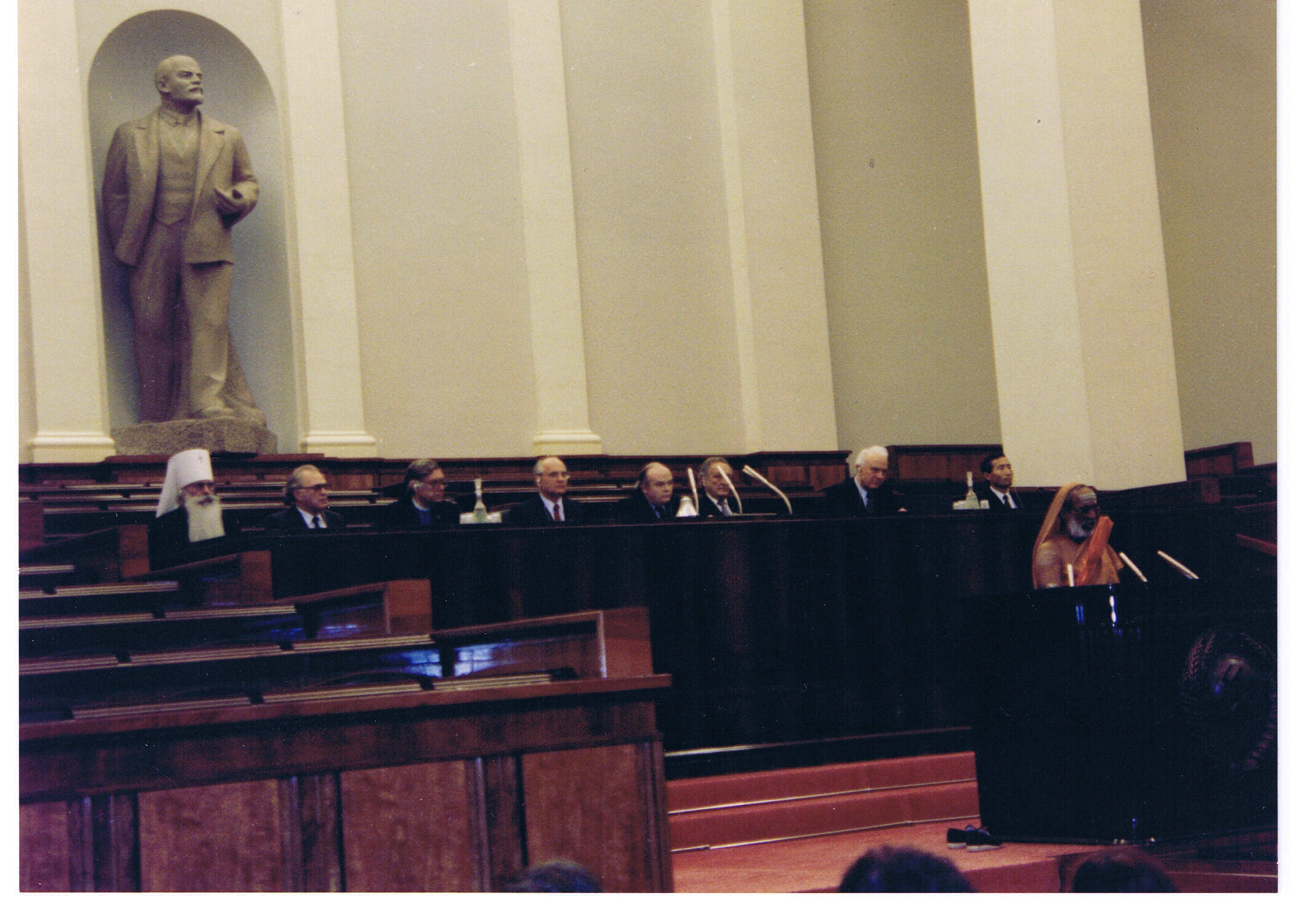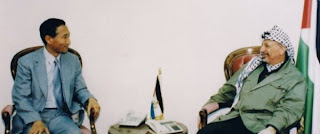Read this letter in German.
The UN voted to upgrade Palestine to be a non-member observer state. Rather than allowing this change to spark controversy, all parties should use this shift as fuel to push for a new peace accord.
In the fall of 1994 in Jericho something extraordinary happened. Yitzhak Rabin, Prime Minister of Israel, and Yasser Arafat, Chairman of the Palestine Liberation Organization, following the Cairo Agreement and the Oslo Accords, both gave their whole-hearted support to The World Assembly on Reconciliation. This peace gathering, bringing together spiritual and parliamentary leaders each in their own personal capacity, was to be held in Jericho in December 1995.
The preparations for the conference were high-spirited. Our team, in addition to ourselves, consisted of the late Grand Mufti Sheikh Ahmad Kuftaro of Syria, the other Co-Chair of the Global Forum; Mrs. Shulamit Aloni, the Israel Minister of Culture, and Rabbi Adin Steinsalts, Director of the Israel Institute of Talmudic Publications in Jerusalem. Our focus then was not on the divisive politics and bitter attitudes that surround any territorial dispute; instead we appealed to the two leaders’ higher interests: a joint concern for human development, the health of children, stability for a common and prosperous future. The death of children, in 1994 as with the most recent violence, is tragic, irresponsible, and a failure of our generation and its leadership.
History shows that once violent conflict begins, governments cease to communicate. Once communication stops, misconceptions grow, fear sets in. Breaking this silence is critical.… Continue reading





